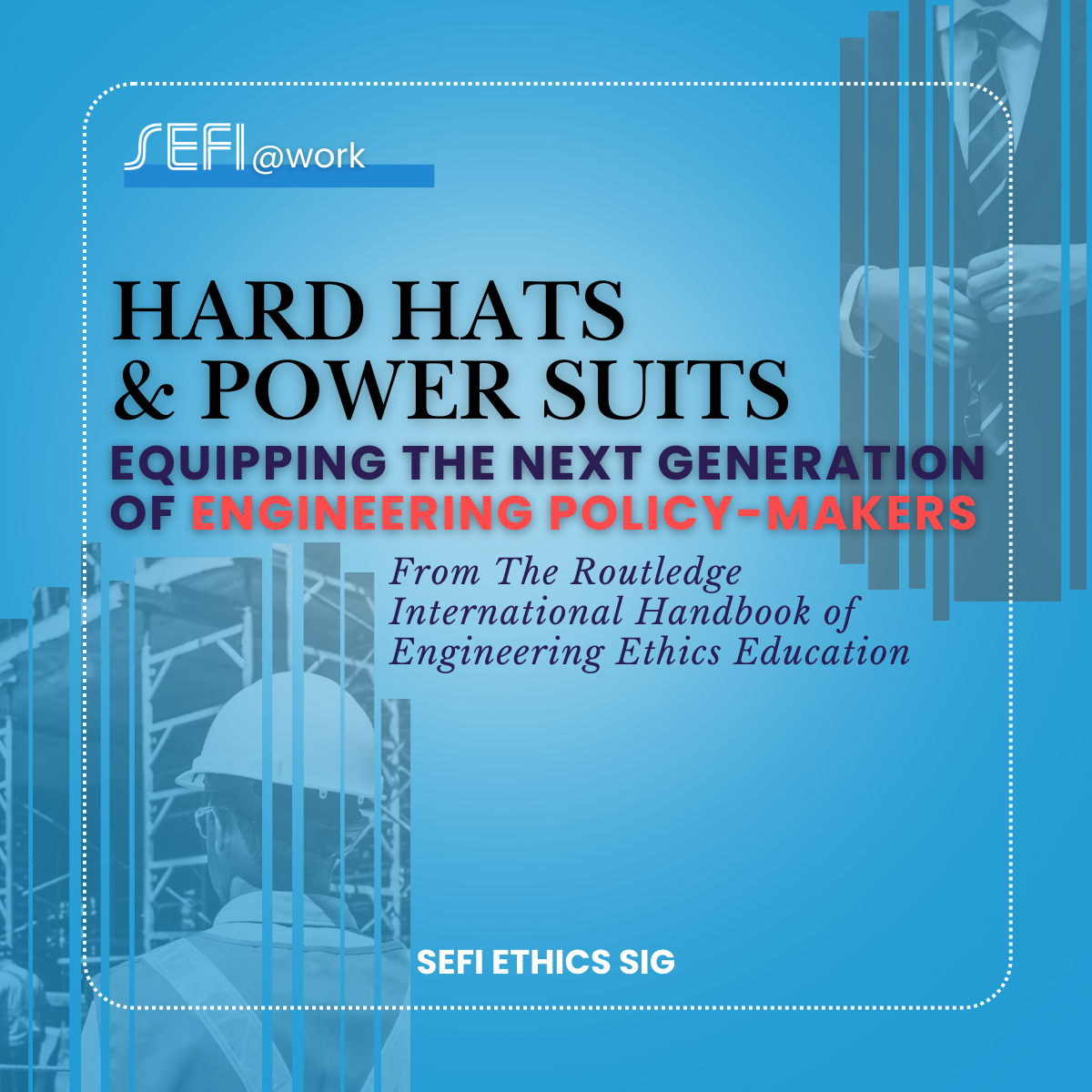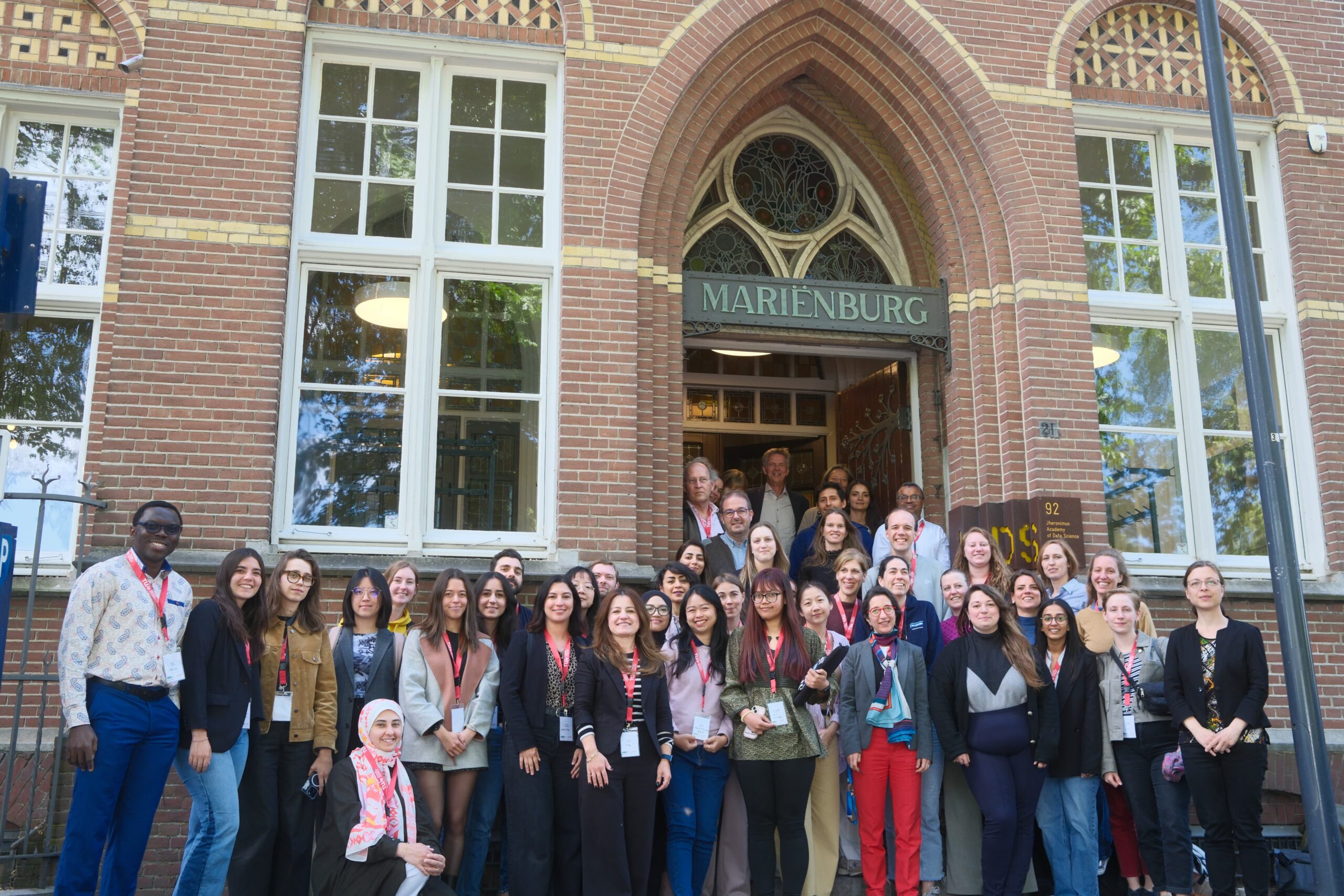By Tom Børsen, Associate Professor, Aalborg University How can we prepare engineering students not only…
Dear reader,
Engineering Ethics was “omnipresent” at the 2020 yearly SEFI conference, with no less than nine sessions treating engineering ethics. This clearly shows a momentum in the Engineering Education community for engineering ethics education.
It is an open door that engineering ethics is of utmost importance to Engineering Education. Engineering students should become aware of their future engineering roles, they should acquire the necessary knowledge, competences and attitudes to become responsible and critical professionals.
But it will also come as no surprise for you that Engineering Ethics Education still has many challenges to answer the immense societal needs engineers are appealed to. All over the world, enthusiastic teachers and researchers are experimenting with topics and methods to increase the quality of engineering ethics education. The 2020 SEFI sessions gave a wealth of reports of teachers sharing their struggles or their careful or strong successes.
Exchanging these insights among new and experienced engineering ethics teachers and course designers is what the SEFI ethics groups wants to do beyond the yearly conference. We think this all-year-round exchange could be beneficial for starting teachers trying to find their way in the complex world of engineering ethics education, experienced teachers trying to find new ideas or receiving feedback for their courageous experiments; and researchers who want to be critical to “new” results by applying evidence-informed analyses.
We engage with several people in supporting this engineering ethics education community.
- We decided to continue this monthly newsletter and the website.
- We will organise a second SEFI Ethics ‘Winter/Spring School” in which we bring enthusiastic people together to exchange ideas on engineering ethics course design and possible research about this.
- We will set-up a series of online seminars on engineering ethics education.
- We will explore policy and practice issues of ethics in European accreditation approaches; managing the change of introducing ethics; and developing a database of resources.
- We will coordinate an ethics reader (see call for interest in this newsletter).
We keep you posted on detailed information with this newsletter and our website.
If you want to contribute to one of the above SEFI Ethics group challenges or you have ideas for other actions, please let us know.
Keep up the good engineering ethics education work!
Roland Tormey (EPFL, Lausanne, Switzerland and co-chair of the Ethics SIG, roland.tormey@epfl.ch)
Diana Adela Martin (TU Dublin, Ireland, DianaAdela.Martin@TUDublin.ie)
Gunter Bombaerts (TU Eindhoven, the Netherlands, g.bombaerts@tue.nl)


